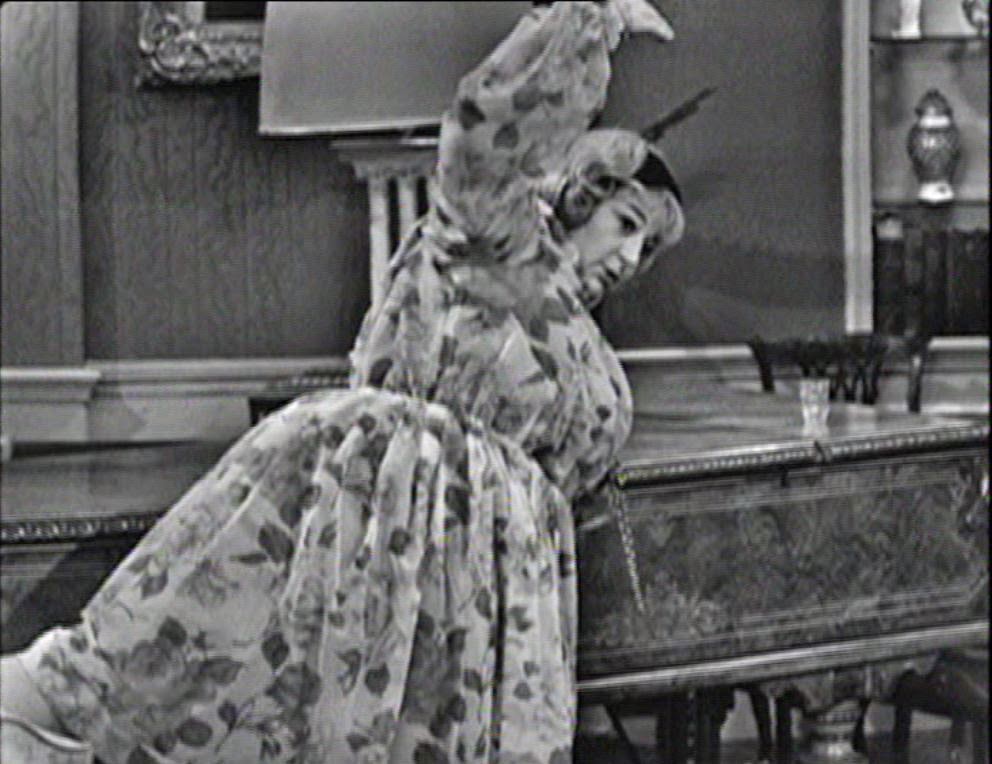The introduction to this week's play sees Noel Coward in rather an aggressive mode. In fact, he comes as close to having a rant as his refined drawl ever could. The object of his wrath is the modern theatre: "Despair is the new religion, the new mode," he, er, despairs. "Everything that I've been trained and brought up to believe is now decried." He's just warming up, prior to delivering a vividly hostile attack on the younger generation of playwrights, and the age in which he's reluctantly living in general.
"Since when has laughter been so insignificant? No merriment, apparently, must scratch the grim, set patina of these dire years. We must just sit around and wait for death. Or hurry it on, according to how we feel. To my mind, one of the most efficacious ways of hurrying it on is to sit in a theatre watching a verbose, ill-constructed, humourless play, acted with turgid intensity, which has received rave notices and is closing on Saturday."
Eventually he gets on to the subject of this evening's entertainment, specifically how he dashed it off in five days during the darkest time of World War 2. "Whether it is important, only time will tell," he sighs. Important or not, it's easily his best known play, thanks to the David Lean film that's been a Sunday afternoon staple for decades, and perpetual revivals giving a long procession of actresses of a certain age the chance to whoop it up in the showiest part (Indeed, Angela Lansbury's just received rave notices for doing just that at the Gielgud Theatre).
I'd be very surprised if TV Minus 50 has readers who aren't familiar with Blithe Spirit in one form or another, so I'm not going to cover the plot in great detail, just give a run down of this version then let the images speak for themselves. Griffith Jones and Helen Cherry play Charles and Ruth Condomine, with Ursula Hirst giving a very, erm, enthusiastic performance as their maid Edith (presumably so she stays etched in the audience's memory for when she becomes important later on). The wonderful Hattie Jacques essays the plum role of Madame Arcati, the medium who inadvertently turns their world upside down after being invited to hold a seance. At 41, Jacques is an unusually young Arcati, and plays her as an overgrown, overbearing schoolgirl of the jolly hockeysticks sort, the humour deriving from the fact that for someone in contact with the spirit world she's a noticeably robust and un-ethereal presence (followers of Jacques' career may note that the voice of Madame Arcati's young spirit guide, Daphne, sounds very much like the voice she uses to communicate with her psychic budgie in Carry On at Your Convenience).
Jacques totally dominates proceedings, and in the long stretches when she's off screen things seem markedly dull in comparison. Not that there's anything really wrong with the other performers: in particular, Helen Cherry's Ruth, played with a great deal of dry humour, is infinitely preferable to the horrendous shrew played by Constance Cummings in the film version, and Joanna Dunham makes Charles' ghostly first wife, Elvira, a convincingly spectral and indeed sinister figure, a playful but wicked fairy come to snatch a mortal mate. But, as is so often the case, it's Madame Arcati who draws all our attention.
 |
| Note camera heaving into view, to the left and in between the door frame and pillar |
























No comments:
Post a Comment